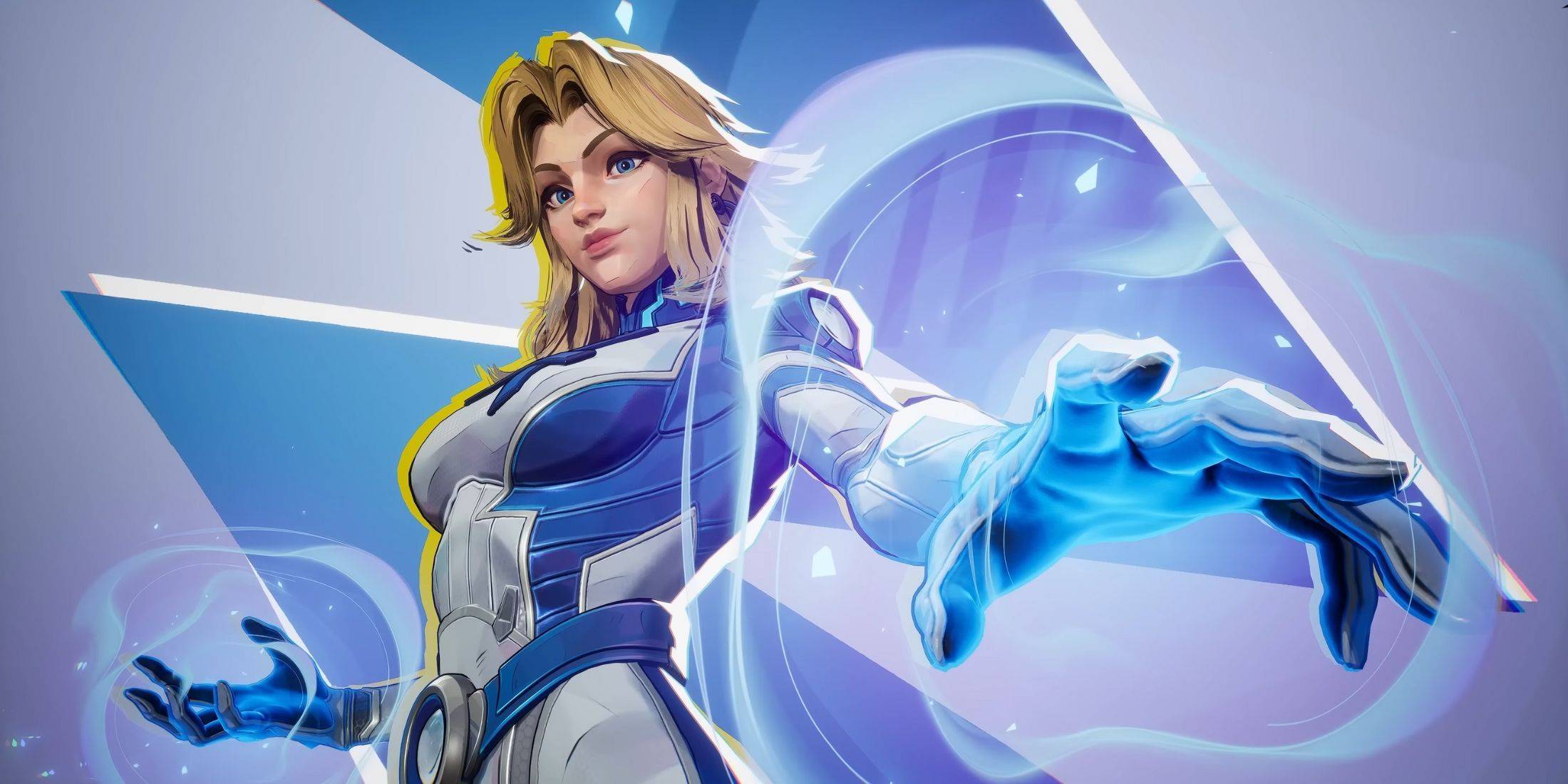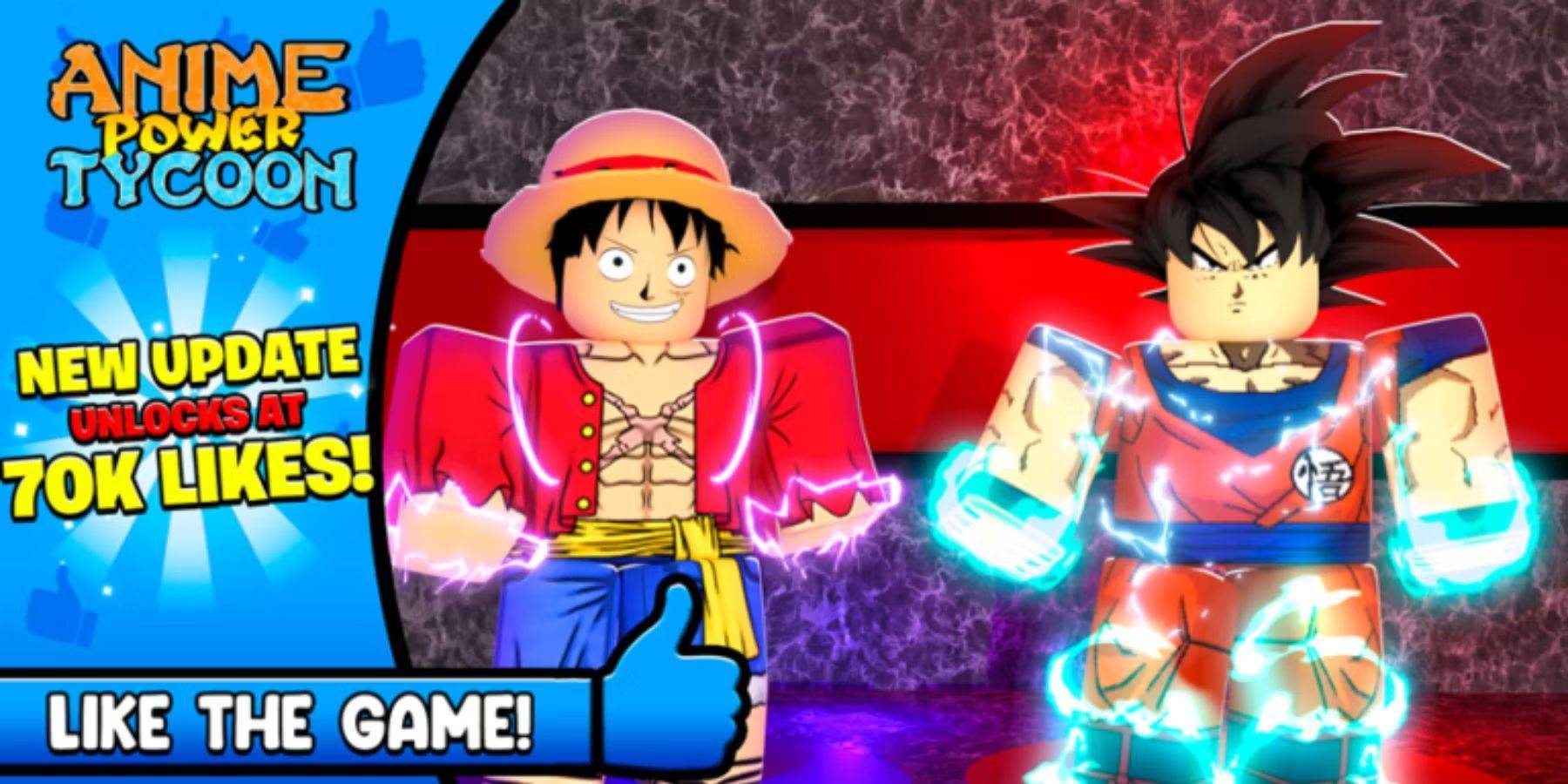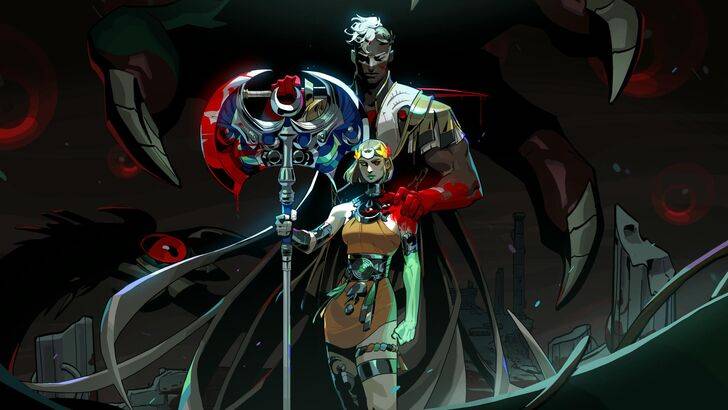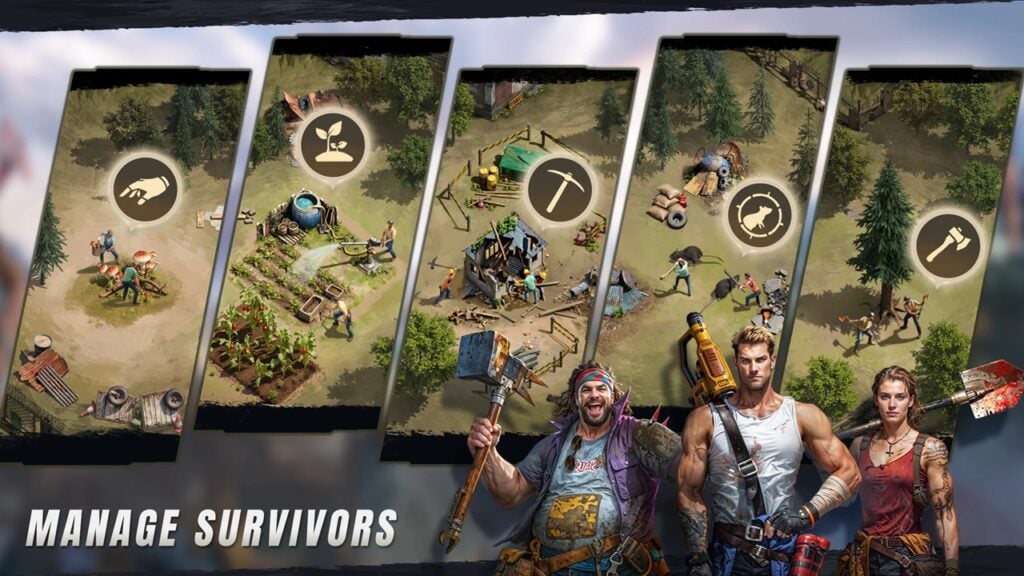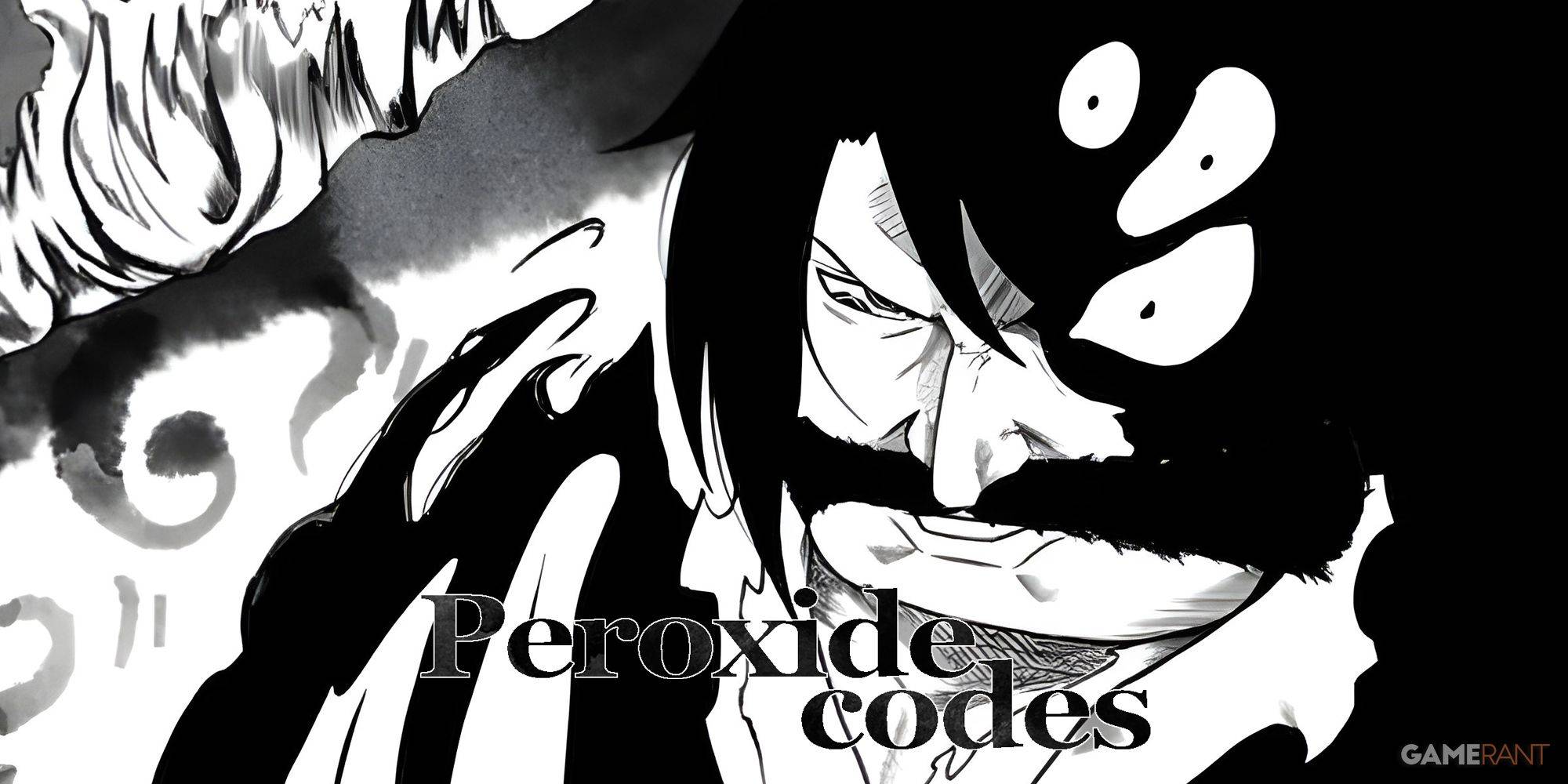Monster Hunter: A Global Gaming Phenomenon
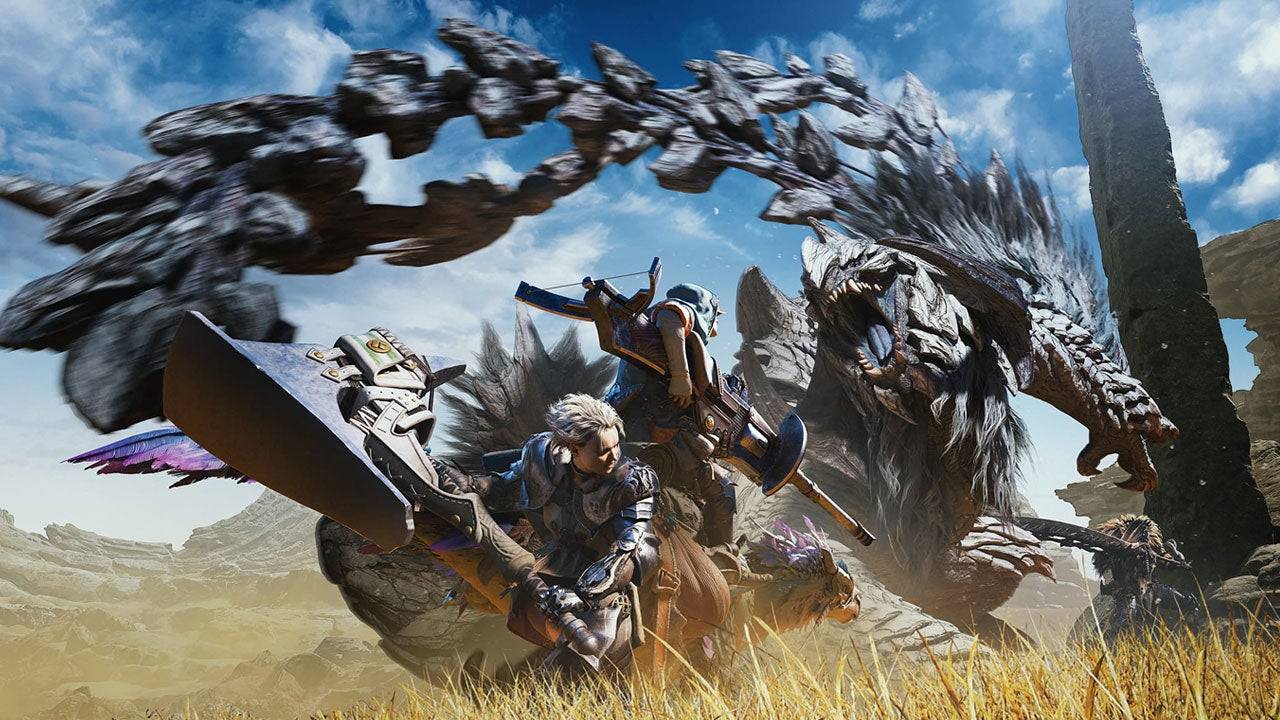
In the leadup to its global launch, Monster Hunter Wilds shattered pre-order records on both Steam and PlayStation, following in the footsteps of its highly successful predecessors, 2022’s Monster Hunter Rise and 2018’s Monster Hunter: World. This latest installment has solidified Capcom’s unique and esoteric RPG series as one of the world's biggest video game franchises.
Yet, the journey to global acclaim was not always straightforward. A decade ago, the notion of a Monster Hunter game achieving such widespread popularity would have seemed improbable. When the original game debuted in 2004, it received mixed reviews. It wasn't until 2005, with the transition to the PSP, that the series truly took off, albeit primarily in Japan.
For a long time, Monster Hunter epitomized the "game series bigger in Japan than the rest of the world" phenomenon. The reasons behind this were straightforward, as this article will explore, yet Capcom never ceased its efforts to penetrate the international market. The successes of Monster Hunter: World, Rise, and now Wilds validate the persistence of those efforts.
This is the story of how Monster Hunter transformed from a domestic hit into a global powerhouse.
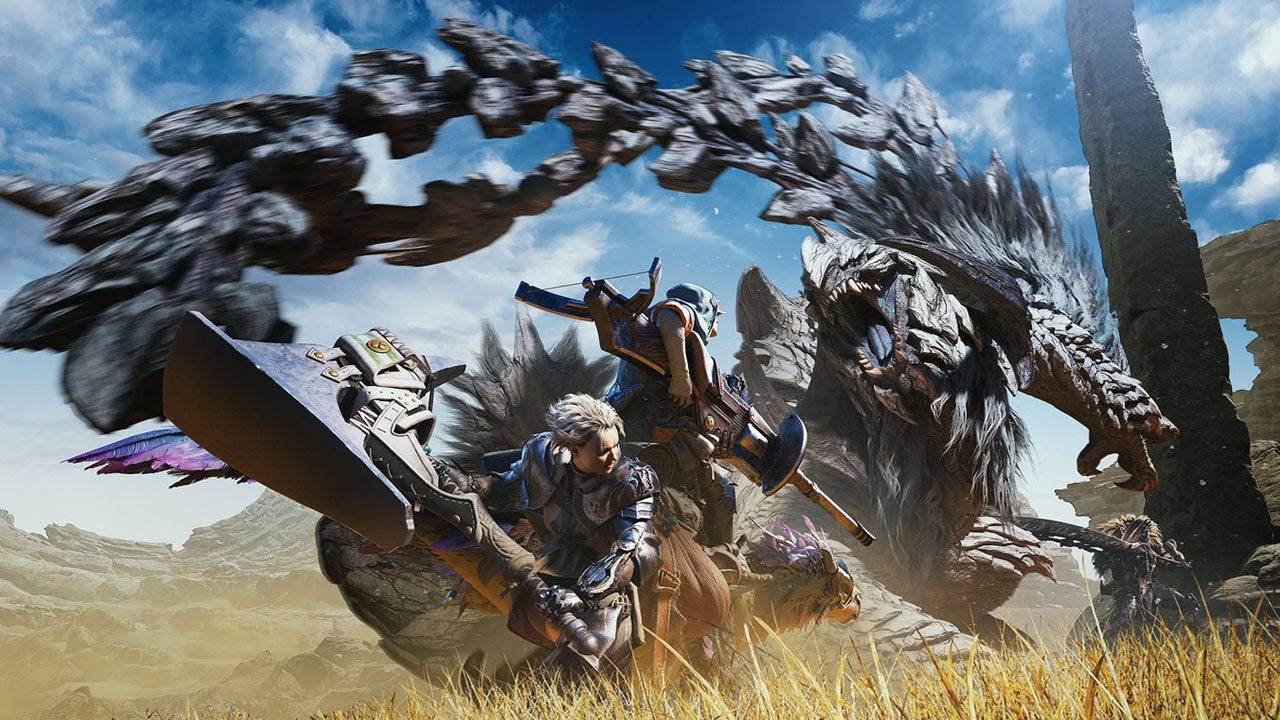
Around the time of Street Fighter 5’s launch in 2016, Capcom underwent an internal reorganization to prepare for a new generation of games powered by their brand new RE Engine, which replaced the aging MT Framework. This shift was not just about tools; it included a new mandate to develop games for a global audience, not just existing fans in specific territories.
“It was a few factors that came together,” says Hideaki Itsuno, a former game director at Capcom known for his work on Devil May Cry. “The change of the engine and also all teams were given a very clear goal at that point to make games that reach the global market. [Games] that are fun for everyone.”
During the PS3 and Xbox 360 era, Capcom's focus seemed to be on capturing the "Western games market" with titles like the action-heavy Resident Evil 4, which was a success, and more gun-focused spinoffs like Umbrella Corps and the sci-fi shooter series Lost Planet, which chased Western trends but didn't fare as well. Capcom realized it needed to create games appealing to a global audience, not just fans of traditional Western genres.
“I think that we had that clear goal of just focusing and not holding anything back,” Itsuno says. “Towards making good games that would reach people from all over the world.”
Itsuno notes that the time leading up to 2017 was pivotal. “The changes in organization and the changes in the engine, all these elements came together around that time,” he says. The launch of Resident Evil 7 in 2017 marked the beginning of a Capcom renaissance.
No other series embodies this new company goal for global success better than Monster Hunter. While it had its diehard fans in the West, the series was much more popular in Japan for decades. This wasn't because Monster Hunter was designed to be Japan-exclusive, but due to certain real-world factors.
Monster Hunter found tremendous success moving from PlayStation 2 to the PSP with Monster Hunter Freedom Unite. The handheld gaming market in Japan has always been stronger than in the West, as evidenced by the success of the PSP, Nintendo’s DS, and later, the Switch. Ryozo Tsujimoto, the series’ executive producer, attributes this to Japan’s well-developed wireless internet network, which allowed Japanese gamers to play with friends reliably, years ahead of the United States.
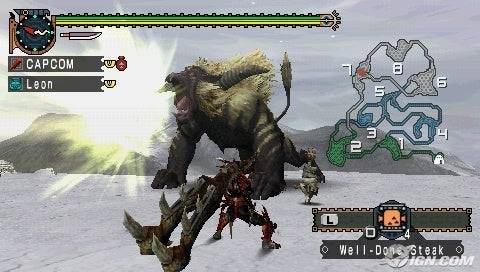
“20 years ago, Japan was in a very, very solid state in terms of the network environments available to people, and being able to connect and to play online together,” Tsujimoto says. “And of course, we’re not speaking for everyone there, because we realize that there are people who may not have had the chance to play with friends back then. But by moving over to handheld systems, we were able to grow that player base that was interacting and playing multiplayer together.”
Monster Hunter, which emphasizes cooperative play, thrived in an environment where friends could quickly join hunts together. This focus on the local market inadvertently positioned Monster Hunter as a "Japan-only" brand, as Japan-only content and events were released to keep pace with the audience.
Despite this, Monster Hunter had fans in the West, who envied the exclusive content and quests available to Japanese players. As the Western world improved its internet infrastructure and online play became standard for console gamers, Tsujimoto and the team saw an opportunity to launch the most advanced and globally accessible Monster Hunter game to date.
Released in 2018 on PlayStation 4, Xbox One, and PC, Monster Hunter: World marked a significant shift for the franchise. It moved from handheld consoles to deliver large-scale, AAA console-quality action with enhanced graphics, expansive areas, and larger monsters.
“Our approach to the globalization of the series and Monster Hunter in general really ties into not only the themes that we had going into designing the game, but also in the name of the game,” Tsujimoto reveals. “The fact that we called it Monster Hunter: World is really kind of a nod to the fact that we wanted to appeal to this worldwide audience that we wanted to really dig into and experience Monster Hunter for the first time.”
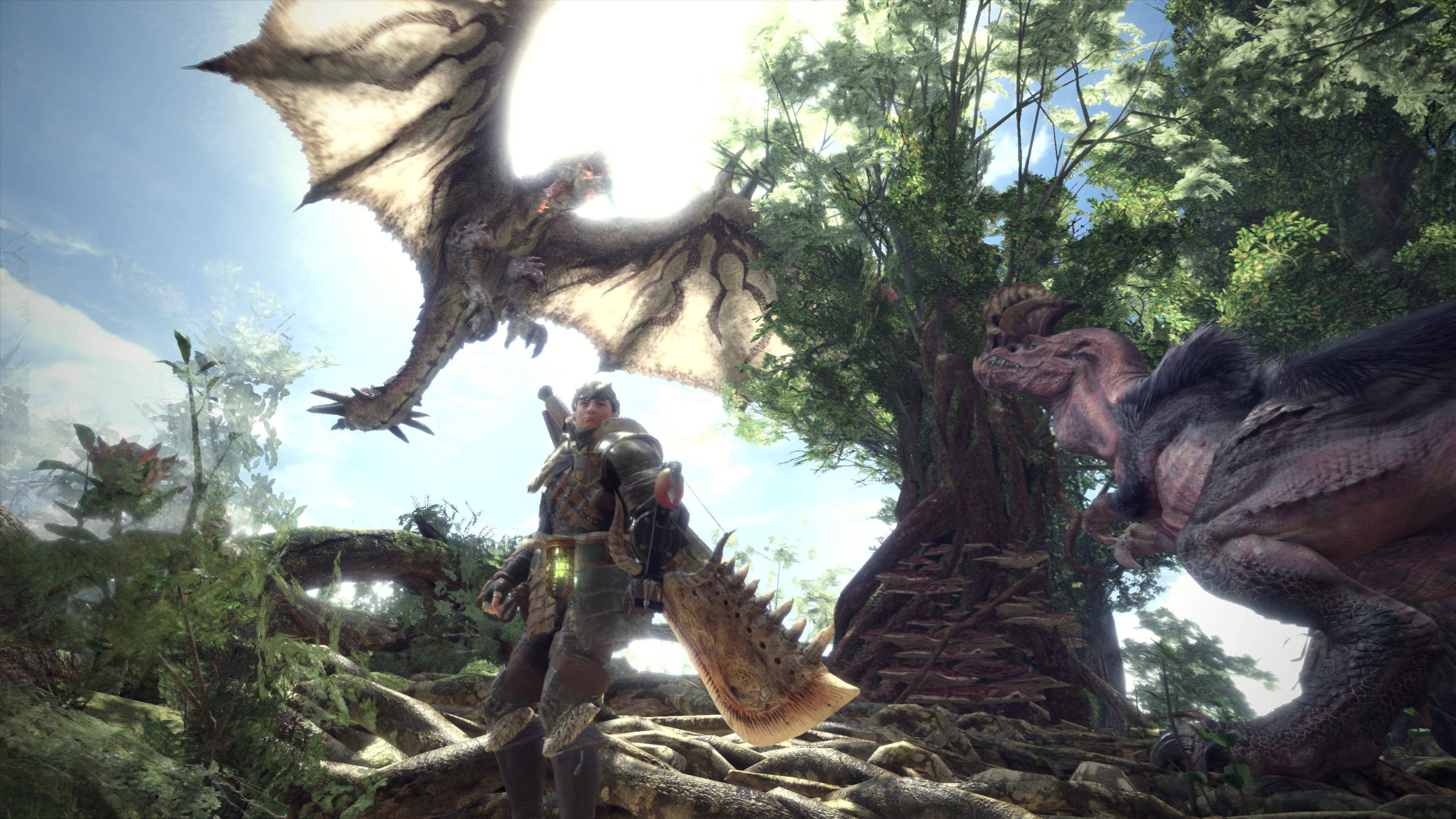
It was crucial for Monster Hunter: World to avoid favoring one market over another. The game was released simultaneously worldwide, with no exclusive content locked to Japan, aligning with global standards that players expect from titles around the world.
Tsujimoto and his team conducted focus and user tests globally to refine Monster Hunter's formula to broaden its appeal. “We did focus tests and user tests across the world, and some of the impact of those — the feedback and the opinions that we got during that really affected how we designed our game systems and really affected how much success we had as a global title for that game,” Tsujimoto says.
One significant change resulting from these tests was the addition of damage numbers when players hit monsters. These small tweaks to an already successful formula propelled Monster Hunter to unprecedented heights. Previous games typically sold between 1.3 to 5 million copies, but Monster Hunter: World and its 2022 follow-up, Monster Hunter Rise, both surpassed 20 million copies sold.
This growth wasn't accidental. Rather than altering Monster Hunter to cater to Western tastes, Tsujimoto and his team found ways to make the series' unique and complex nature more accessible to a broader audience without compromising its essence. This approach continues with the latest game, Monster Hunter Wilds.
“At its heart, Monster Hunter really is an action game, and that sense of accomplishment you get from really mastering that action is an important aspect of Monster Hunter,” Tsujimoto explains. “But for newer players, it's really getting to that point. The steps involved in getting to that sense of accomplishment is really what we're trying to strategize for, in terms of designing for new players. So with World and Rise, for example, we were taking really great care to analyze where players got stuck, what was hard to understand, what they were having trouble with, getting player feedback, and also doing our own kind of research into that. And all of that kind of knowledge has impacted how we've implemented new systems into Wilds.”
Within 35 minutes of its release, Monster Hunter Wilds reached 738,000 concurrent players on Steam, more than double Monster Hunter: World's all-time high. With glowing reviews and the promise of more content, Monster Hunter Wilds seems poised to continue the series’ mission to conquer the world.
-
 DaVita Care ConnectDaVita Care Connect empowers home dialysis patients and their care partners with essential tools and support. This exclusive app allows patients to conveniently access valuable kidney health resources, communicate directly with their care teams, and
DaVita Care ConnectDaVita Care Connect empowers home dialysis patients and their care partners with essential tools and support. This exclusive app allows patients to conveniently access valuable kidney health resources, communicate directly with their care teams, and -
 Let's do it! Gal-chan ~Fix your money and grades with sex~Dive into an enthralling interactive adventure with Let's do it! Gal-chan ~Fix your money and grades with sex~, starring the charming Gal-chan. Navigate dynamic storylines that put your skills and strategies to the test, all while enjoying seamless
Let's do it! Gal-chan ~Fix your money and grades with sex~Dive into an enthralling interactive adventure with Let's do it! Gal-chan ~Fix your money and grades with sex~, starring the charming Gal-chan. Navigate dynamic storylines that put your skills and strategies to the test, all while enjoying seamless -
 Tetris GemsPrepare yourself for an addictive puzzle challenge that will keep you hooked for hours! In Tetris Gems, you'll strategically rotate and position colorful falling gem blocks to complete horizontal lines that vanish when filled. Clear more lines to ea
Tetris GemsPrepare yourself for an addictive puzzle challenge that will keep you hooked for hours! In Tetris Gems, you'll strategically rotate and position colorful falling gem blocks to complete horizontal lines that vanish when filled. Clear more lines to ea -
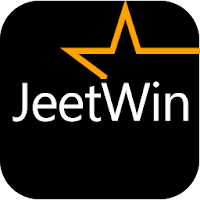 Jeet and Win Bonus GameIf you enjoy the thrill of slot games, you don't want to miss the Jeet and Win Bonus Game app. It delivers continuous fun with dynamic and captivating gameplay. Outstanding graphics make the game visually attractive and distinctive. Ideal for fillin
Jeet and Win Bonus GameIf you enjoy the thrill of slot games, you don't want to miss the Jeet and Win Bonus Game app. It delivers continuous fun with dynamic and captivating gameplay. Outstanding graphics make the game visually attractive and distinctive. Ideal for fillin -
 Incredible Monster Hero 3D WarStep into the role of a formidable monster fight hero and battle fearsome monster hero enemies in this action-packed superhero game.Engage in epic combat in the Incredible Monster Hero Game to become the monster hero who takes on giants, demolishes c
Incredible Monster Hero 3D WarStep into the role of a formidable monster fight hero and battle fearsome monster hero enemies in this action-packed superhero game.Engage in epic combat in the Incredible Monster Hero Game to become the monster hero who takes on giants, demolishes c -
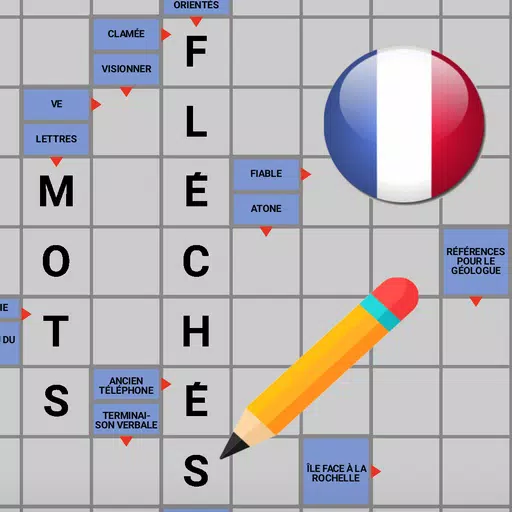 Mots Fléchés FrançaisEnjoy hundreds of French crossword puzzles! Suitable for all skill levels!Play free arrow words in French!- Solve real crossword puzzles right from your phone or tablet- Regularly updated with new grids- 5 difficulty levels, from beginner to expert-
Mots Fléchés FrançaisEnjoy hundreds of French crossword puzzles! Suitable for all skill levels!Play free arrow words in French!- Solve real crossword puzzles right from your phone or tablet- Regularly updated with new grids- 5 difficulty levels, from beginner to expert-
